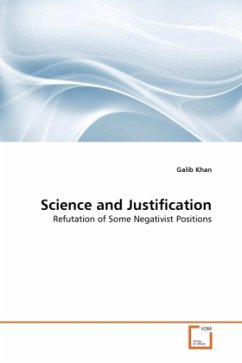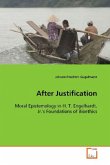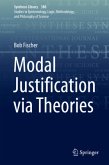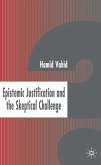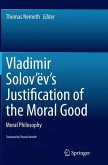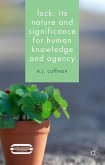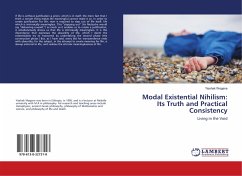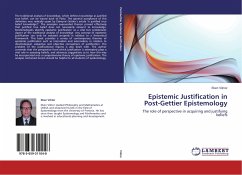In the beginning of the twentieth century a climax in the development of science and a wide expansion of the Hegelian absolute idealism in philosophy led to the development of a problem in the relation between science and philosophy. Scientists preferred to make a demarcation between science and philosophy and to keep science away from idealism. As such there developed the Vienna Circle in 1928, at the University of Vienna, initiated by the scientists of this university. The Vienna Circle developed the method of verification with this purpose; this method failed. And then Karl Popper, with the background of higher education in Physics, developed an alternative method which also ended up with some crisis. In continuation of this problem, in his book Against Method, Paul Feyerabend developed his view that anything goes in science; and this view led to what Feyerabend termed as anarchism in science. In this book Science and Justification, I have given a solution of this problem. I have shown that anything does not go in science and that we can attain certainty and justification of knowledge claims in science and that we can overcome traditional philosophical problems in this context.

